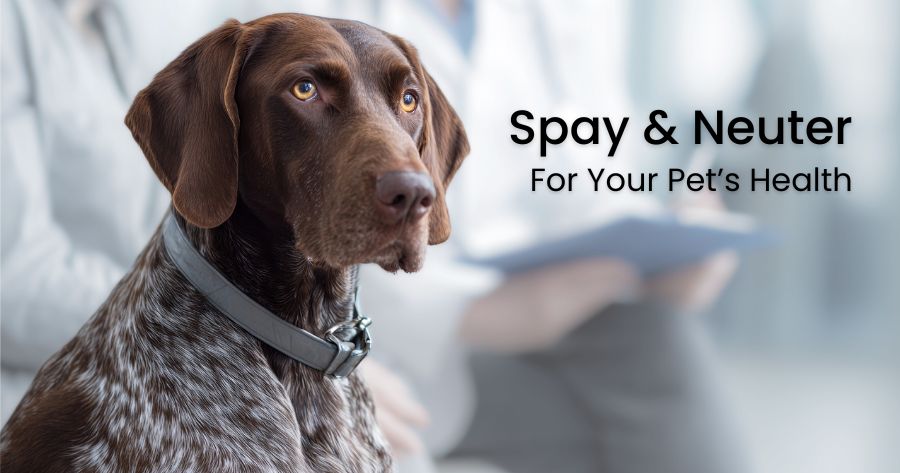
September marks National Responsible Dog Ownership Month, with the third Saturday of the month designated as National Responsible Dog Ownership Day. If you want to make sure you’re the best pup parent you can be, here are some areas to which you should pay extra attention this month and beyond.
When was the last time your pup visited the vet? This month is a great time to make an appointment! Call (770) 922-8600 to schedule an appointment today.


